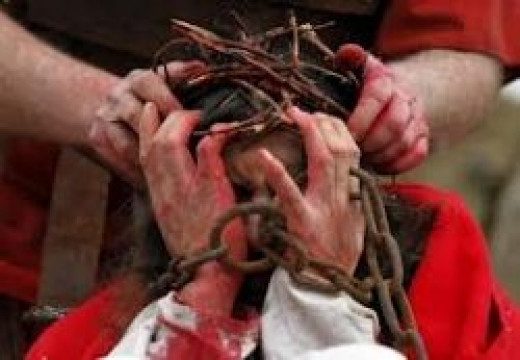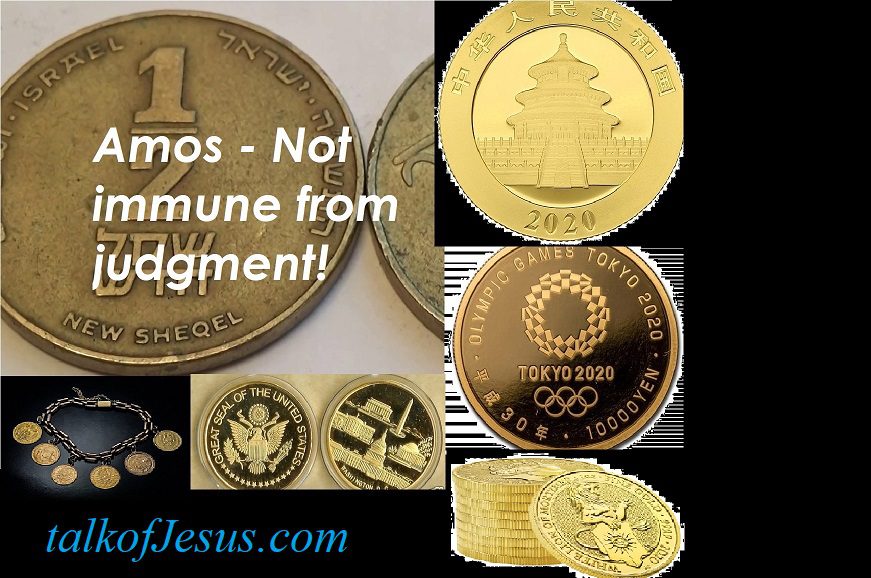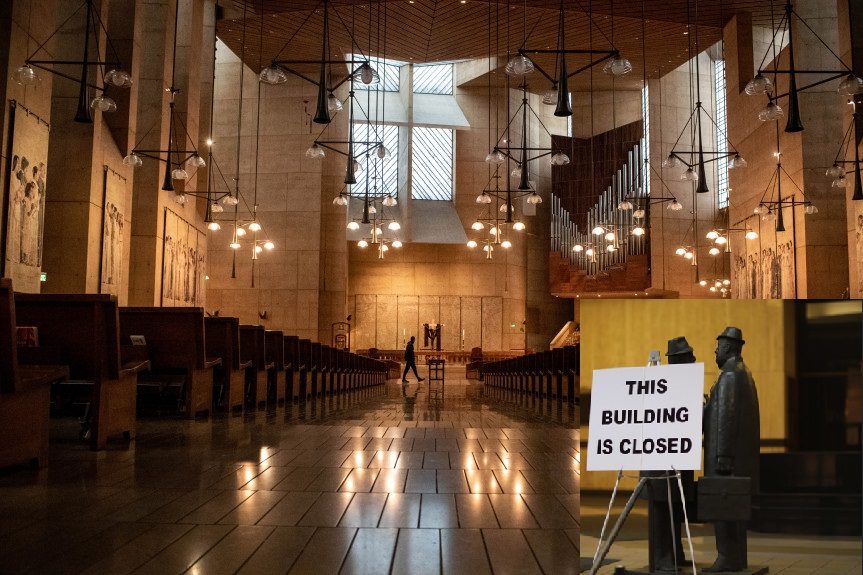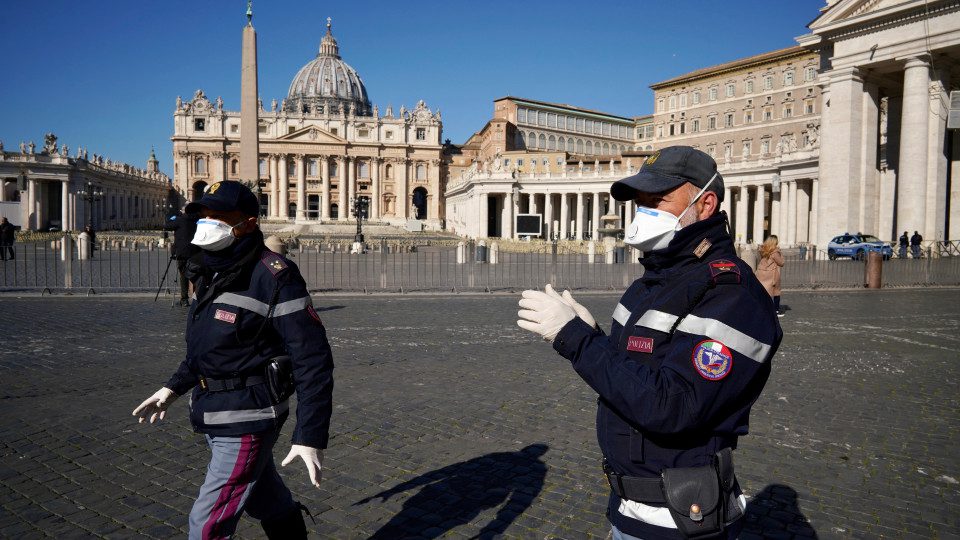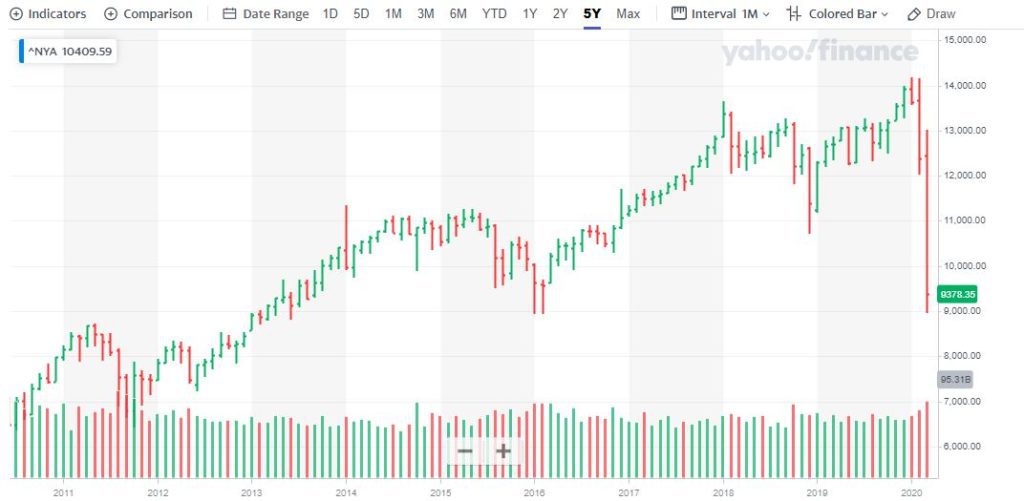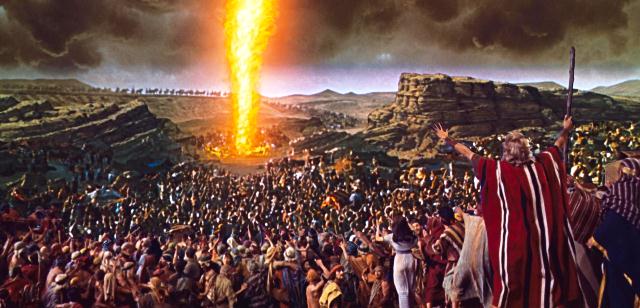Pilate then took Jesus and scourged Him.
John 19:1 NASB
A Contest to Govern
Contests to govern are always waged between the wealthy in charge and the wealthy who would rather be in charge.
Roger Harned- talkofJesus.com
Why is God about to suffer by the hands of His enemies?
To fully understand what is about to take place, we examine the motivations of those in charge:
- The religious enemies of Jesus and
- The political enemies of Jesus
Mocking your Enemy in Public
By now we have seen the betrayal of Jesus by one of His own. And because of Jesus’ popularity with the populace of Jerusalem, powerful religious leaders had seized Jesus under the cover of darkness and tried Him in pre-choreographed trials away from the crowds.
You may find it helpful to understand the background of Rome’s mocking its enemies in public, which you can read more about in the commentary.
Much of the following insight quotes BlueletterBible.org commentary of Chuck Smith, secure link of full text & audio versions:: C2000 Series on John 18-19 - Graphics & secure internal links below open separate tabs to previous posts from this series from the Gospel of John.
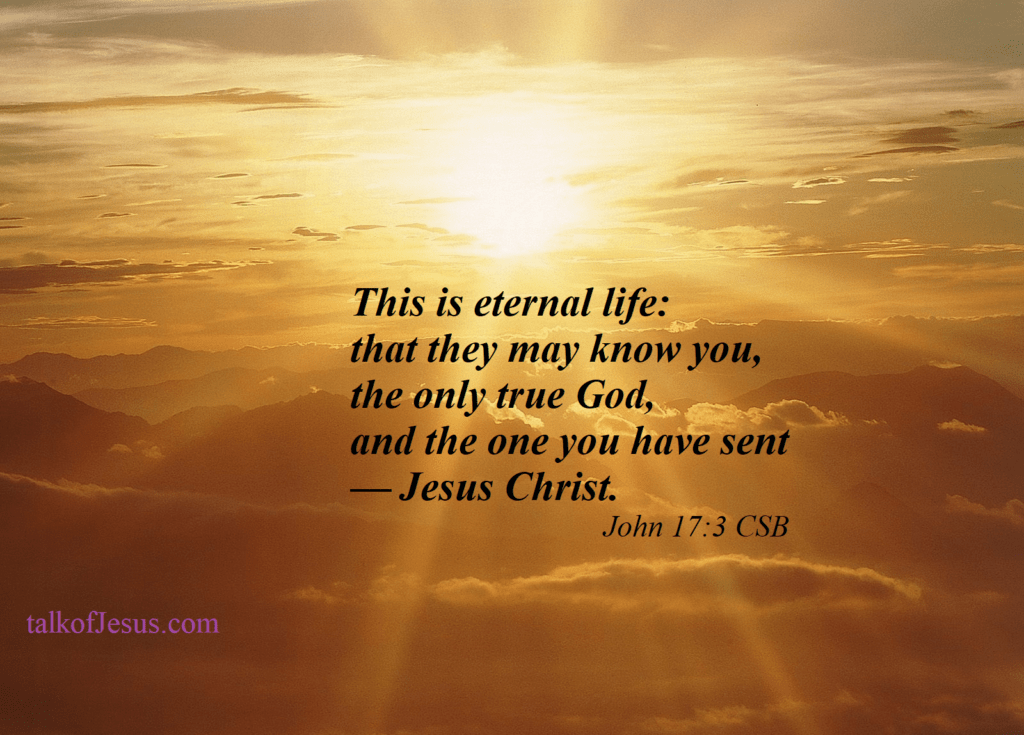
Jesus, the Christ of GOD

- Signs from God the Father
- The Politics of Religion – Righteousness on Trial
- “I and the Father are one.” – John 10:30 NASB
During the night in Gethsemane:
and he said unto them, Who are you looking for? And they answered him, Jesus of Nazareth. And he said unto them, I am he. (Jhn 18:4-5)
quote & commentary below from blueletterbible.org
You’ll notice that the word he is in italics, which means that is was added by the translators. Jesus just said, “I am.” That divine name of the eternal God. When Jesus said, “I am,” there went forth, no doubt, a blast of power, divine power.
And as he said unto them, I am he, they fell backward to the ground.
(Jhn 18:6)
Now, at that point, Jesus could have just walked off and left them lying there. It is interesting that Jesus is in control of the whole situation. He is the Master. And though they have come to arrest Him, He is the one that is giving the orders.
Now we examine the motives of Jesus’ enemies:
Religious Rule over the Jews
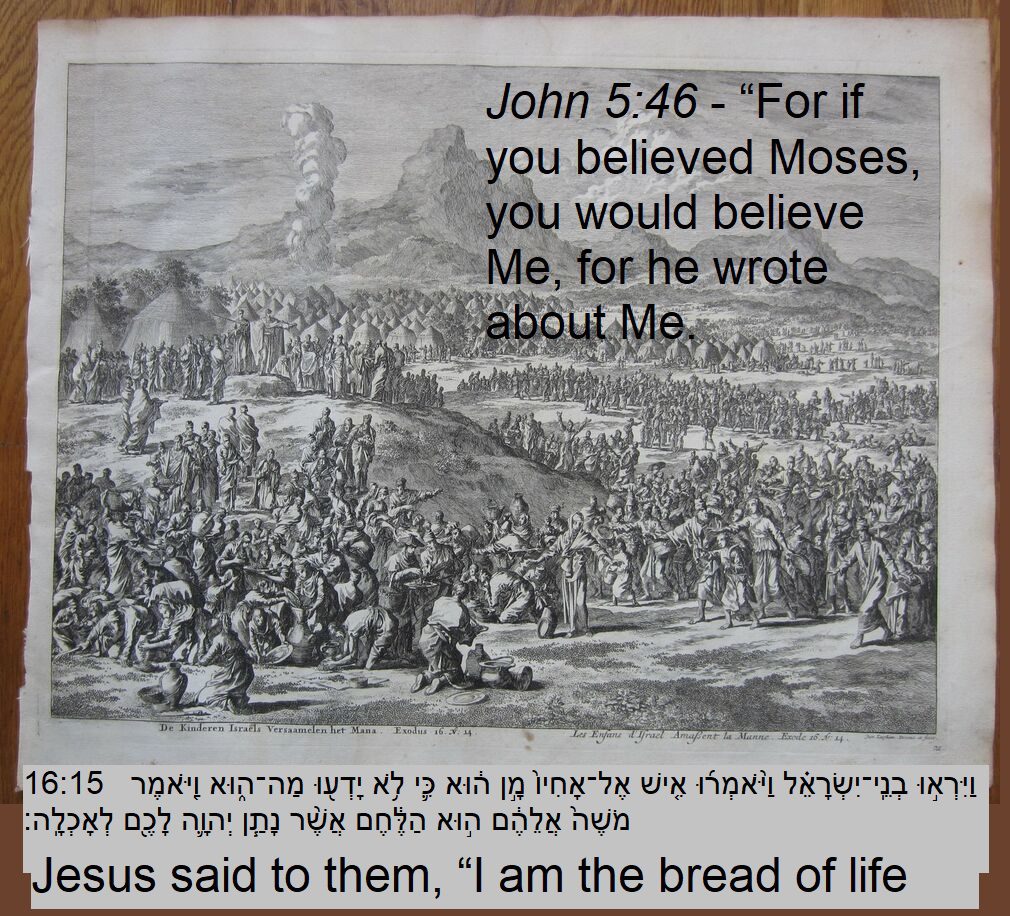
Jerusalem’s previous administration had lost power over the Empire’s right to tax their captive kingdom (Herod’s, in name only). When the Jews violently took to the streets in protest a couple of years previously, Pilate executed many Jews and revoked the authority of their leaders to execute anyone.
- The Malignant Leaven of Religious Politics
- Kings, Governors, Politicians & Priests – Power in the Palaces of Justice
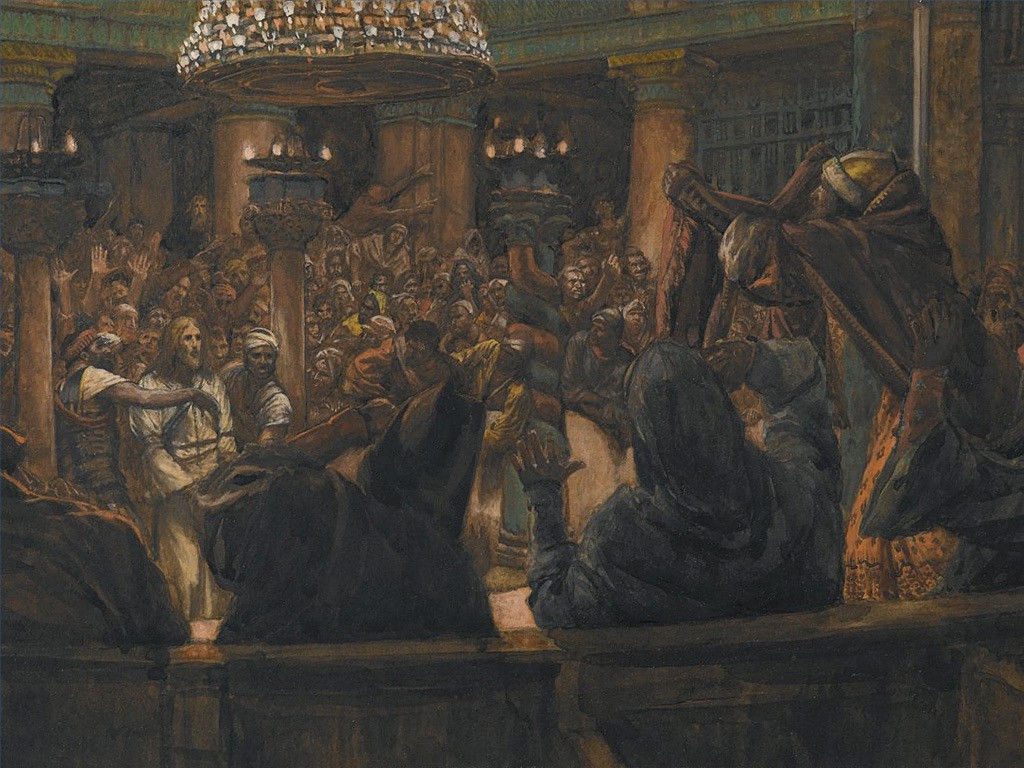
Annas
Continuing from the commentary of Chuck Smith
And they led him away to Annas first; for he was the father-in-law to Caiaphas, which was the high priest that same year (Jhn 18:13).
Annas had been the high priest from the year five to the year sixteen. Annas was probably one of the most influential, powerful, wealthy men in the city of Jerusalem. At this particular time, the high priesthood was a political kind of an appointment by the Roman government. And it was secured by a bidding kind of a process. They paid and bribed for the privilege of being the high priest. It was extremely corrupted at this point. Annas was the high priest, and being the patriarch of that family, was recognized still as the power behind the office of the high priest.
More about Monday's incident of Jesus overturning the tables of the moneychangers at the Temple in the commentary link.
.. And so, He was first brought to this man, an extortioner, a wealthy man, a Sadducee.
Caiaphas
So that’s why there were two high priests, Annas the patriarch, the old man, recognized by the people; but the Roman government had appointed politically Caiaphas as the high priest. [My emphasis. – RH]
Now, this Caiaphas was the one who said, “Look, it’s necessary that one be killed for the whole nation.”
And Simon Peter followed Jesus (Jhn 18:15),
And John does not tell us about His trial before Caiaphas, but the other gospels, Matthew and Mark tell us about the trial before Caiaphas.
Physical Abuse of Jesus by the Jews!
Note further from Smith’s commentary the beginnings of the sufferings of their Messiah Jesus by the hands of the Jewish leaders clinging to their tenuous power in Jerusalem.
Now, Jesus had already experienced a tremendous buffeting in the house of Caiaphas. There, they put a covering over His head. And with this bag over His head, they began to hit Him. Now, that’s vicious. We are fearfully and wonderfully designed, and we are designed to have automatic reflex actions. And when we see a blow coming, we automatically reflex to protect ourselves from that blow by fainting and going with the blow, thus cushioning it. And as long as you see the blow coming, it’s amazing what you can absorb. As long as your body can see it coming and you can then compensate and cushion and relax and flow with it.
.. So by covering Jesus’ eyes, by covering His head, and then buffeting Him, no chance to faint or to respond, and you take the full force of the blow, you don’t know it’s coming, Wham! That hurts! He’d already taken that kind of abuse.
His face already bruised, swollen, bloodied by the blows from Caiaphas, they continued the abuse by smiting Him, putting on the crown of thorns, mocking Him. There is a horrible mob psychology, where people lose all of their natural inhibitions and restraints and act as a mob and like an animal. And it’s always shocking the things that people can do in the anonymity of a mob. The true vicious nature of man, sinful nature of man is revealed.
Click the next page number below to continue...
Continued on Page 3.. (question for comment follows on Page 2)
